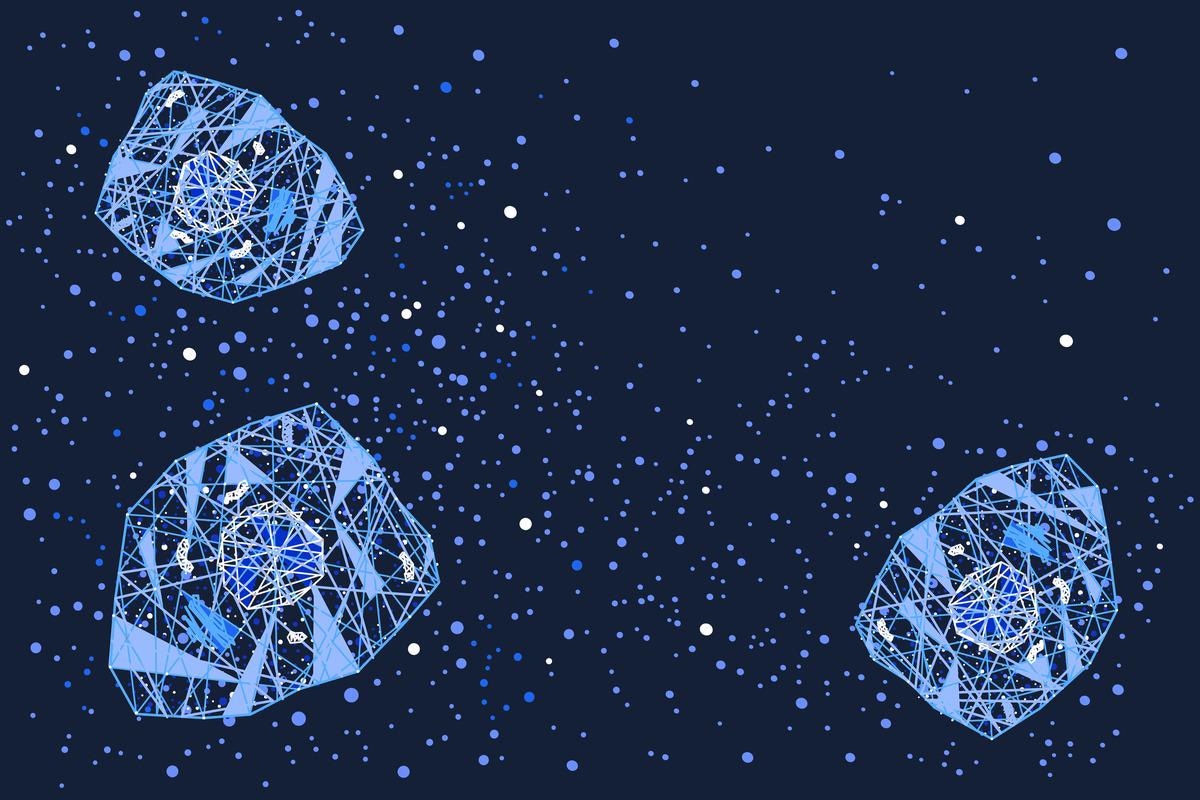They also assessed the attenuation of this induction by inhibitors of glycogen synthase kinase-3 (GSK-3), a serine/threonine kinase involved in intracellular signaling central to cytokine induction.
 Study: Evidence for investigating GSK-3 inhibitors as potential therapeutics for severe COVID-19. Image Credit: WhiteDragon/Shutterstock
Study: Evidence for investigating GSK-3 inhibitors as potential therapeutics for severe COVID-19. Image Credit: WhiteDragon/Shutterstock
Background
Severe coronavirus disease 2019 (COVID-19) is characterized by a “cytokine storm” or an excessive cytokine expression due to the dysregulation of innate immunity. The cells of innate immunity such as macrophages detect pathogen-associated molecular patterns (PAMPs) with the help of pathogen recognition receptors (PRRs) such as Toll-like receptors (TLRs). The PRR ligands activate signaling pathways to initiate transcription that leads to cytokine release.
SARS-CoV-2 has several structural proteins in its molecular structure namely, S with subunits S2 and S1, nucleocapsid (N), envelope (E), and membrane (M). Although previous studies investigated SARS-CoV-2 S-induced cytokine expression by the THP-1 macrophages mediated by TLR2 along with an increase in interleukin-6 (IL-6), macrophage inflammatory protein 1-alpha (MIP-1a), tumor necrosis factor-alpha (TNF-α), and interleukin-1beta (IL-1β) levels mediated by TLR4, the results have been inconsistent and contradictory. GSK-3 has been reported to be involved in the transduction of TLR signals, and GSK-3 inhibitors have been found to attenuate the TLR ligand lipopolysaccharide (LPS)-induced cytokine expression.
About the study
In the present study, researchers investigated whether CXCL 10 was induced by the SARS-CoV-2 S2 and S protein and explored the effect of GSK-3 inhibitors on the attenuation of this CXCL10 expression by the THP-1 macrophages in critical COVID-19.
The human THP-1 monocyte cell lines were cultured and treated with phorbol 12-myristate 13-acetate (PMA) to enable the differentiation of the THP-1 monocytes into THP-1 macrophages. The amino acid sequences of the SARS-CoV-2 S2 and S proteins were altered and these constructs were referred to as mutated S2 and S.
Particularly, they introduced mutations such as A892P, F817P, A942P, A899P, V987P, and K986P in both recombinant proteins. The THP-1 macrophages were then cultured in growth media that contained either one of the viral proteins: SARS-CoV-2 full length S, mutated S, S1 subunit (S1), S2, mutated S2, N, and a non-viral green fluorescent protein (GFP). LPS and Polymyxin B (PB) were chosen as the control for CXCL10 induction and as an LPS/endotoxin activation antagonist, respectively.
For determining the effects of GSK-3 inhibitors on the S2 and S-induced CXCL10 expression, the THP-1 macrophages were treated with the S2 and S proteins along with GSK-3 inhibitors such as LY2090314, 9-ING-41, lithium carbonate, Tideglusib, COB-187, and AZD-1080, or dexamethasone currently used for COVID-19 patients.
The CXCL10 expression in the supernatant of the incubated THP-1 macrophages was determined via an enzyme-linked immunosorbent assay (ELISA). Additionally, the EndoLISA and Pierce LAL Chromogenic Endotoxin Quantitation Kit were used for the direct and indirect measurement of the endotoxin levels in the S protein samples, respectively.
Results
The EndoLISA detected low endotoxin levels in the S2 and S protein preparations. On treatment of the THP-1 macrophages with LPS and PB, the LPS-induced CXCL10 expression was terminated. In contrast, when THP-1 macrophages were treated with S2 or S proteins and PB, a strong CXCL10 expression was detected in the enzyme-linked immunosorbent assay (ELISA). No other proteins tested induced strong CXCL10 expression.
Lipopolysaccharide- Rhodobacter sphaeroides (LPS-RS), a selective and potent TLR4 antagonist, did not significantly affect CXCL10 induction by S2 and S whereas LPS-RS substantially reduced LPS-induced CXCL10 expression. This indicates that the S2 and S proteins, not the endotoxins, induced CXCL10 expression by THP-1 macrophages. Two GSK-3 inhibitors, COB-187 and AZD-1080 in 12.5 and 25 µM concentrations significantly decreased S2 and S-induced CXCL10 expression by THP-1 macrophages.
To summarize, the team found evidence that SARS-CoV-2 S2 and S proteins induce cytokine expression, specifically the chemokine CXCL10. Under the conditions tested, two GSK-3 inhibitors, COB 187 and AZD-1080 attenuated S2 and S-induced CXCL10 expression. These results indicate that GSK-3 inhibitors could be used as therapeutic agents for mitigating COVID-19.
However, further research using GSK-3 inhibitors must be conducted to enable their swift clinical translation for effective management of severe COVID-19.